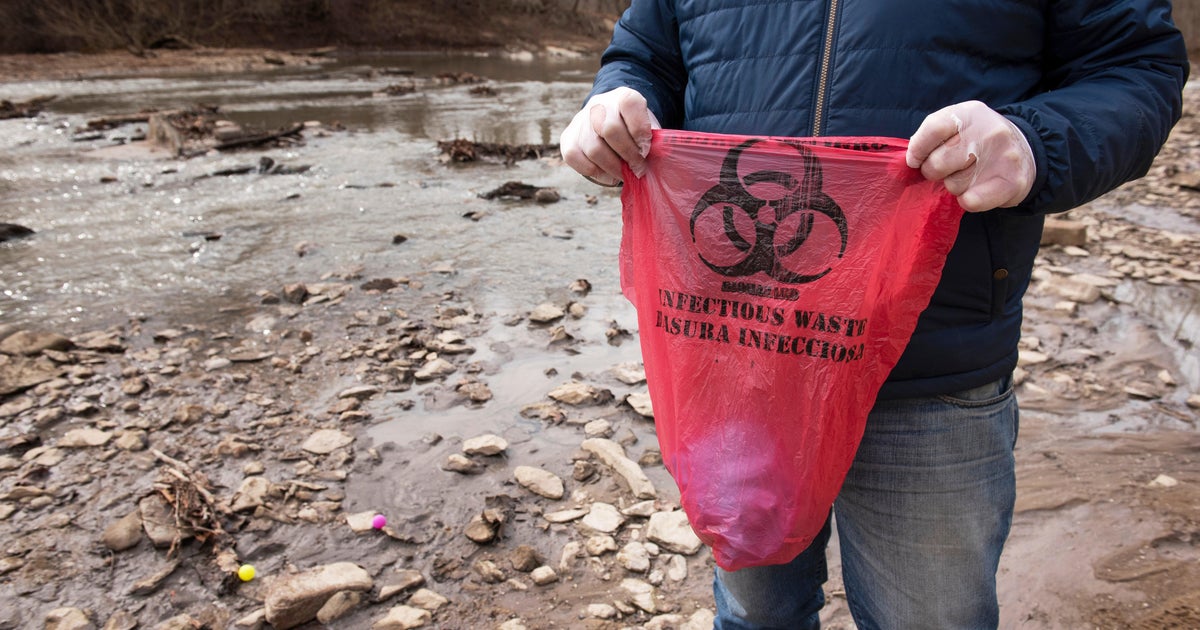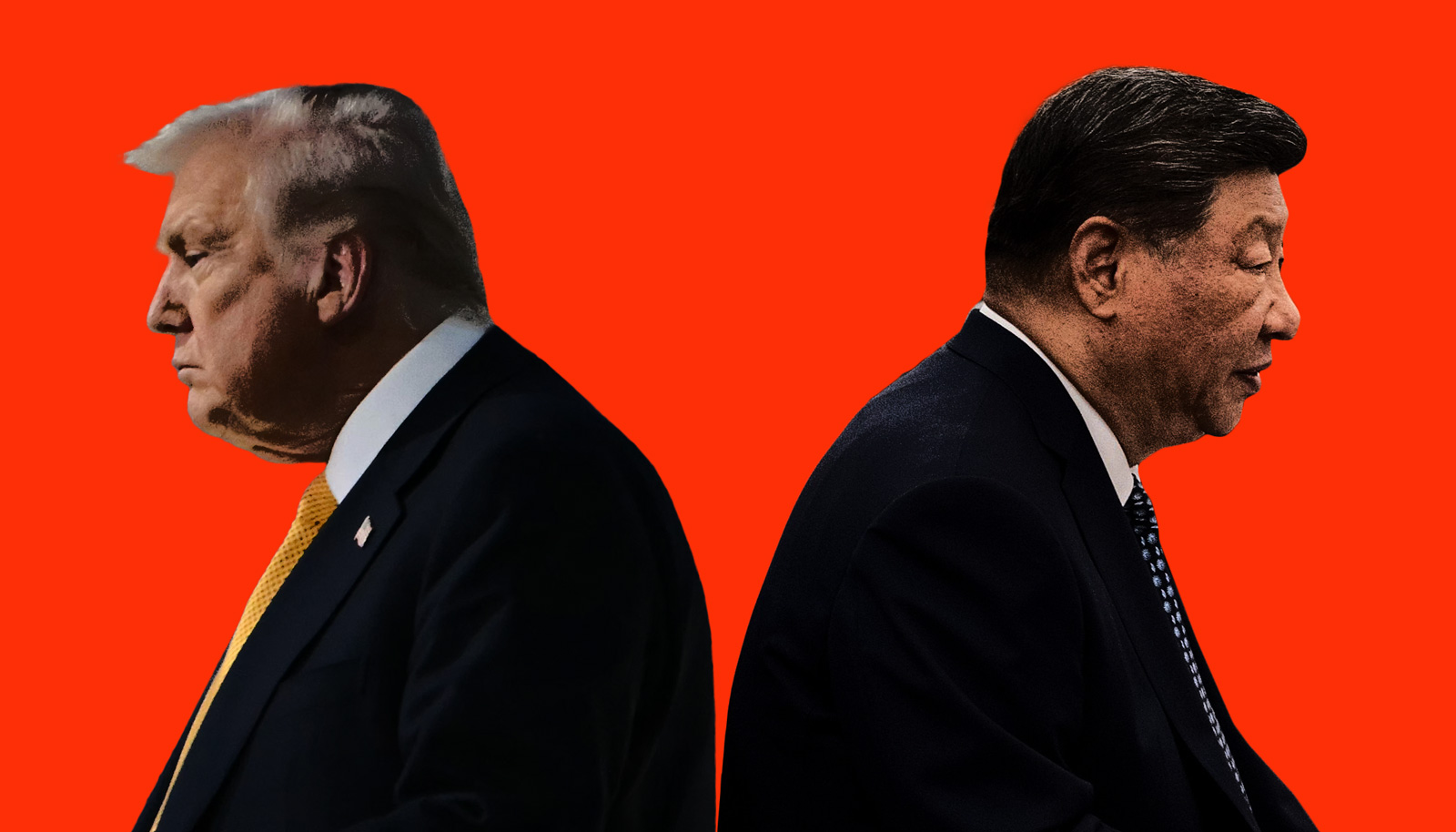Cities, states, companies to ignore Trump, commit to Paris climate agreement
A group of mayors, governors, companies and university presidents are planning to present a plan to the United Nations that would meet the greenhouse-gas emission targets under the Paris climate agreement that President Trump pulled the U.S. out of on Thursday, according to The New York Times.
The group includes 30 mayors, three governors, more than 100 businesses and more than 80 presidents of U.S. universities, the report said. It's unclear how their submission to the U.N. would work because there is no formal process for entities that are not countries to join the deal, the report said.
Mayors of Los Angeles, Salt Lake City, Atlanta and Pittsburgh have signed onto the effort, the report said, among many others. Some of the university presidents come from schools including Wesleyan, Brandeis and Emory. Democratic governors Andrew Cuomo of New York, Jerry Brown of California and Jay Inslee of Washington are also organizing an effort.
Former New York City Mayor Michael Bloomberg is helping to coordinate the plan to circumvent Mr. Trump's decision. His charitable organization, Bloomberg Philanthropies, says it will commit up to $15 million to help fill the gap left by the U.S. as a result of backing out of the deal.
"Mayors, governors, and business leaders from both political parties are signing onto to a statement of support that we will submit to the U.N. – and together, we will reach the emission reduction goals the United States made in Paris in 2015," Bloomberg said in a statement. "Americans will honor and fulfill the Paris Agreement by leading from the bottom up – and there isn't anything Washington can do to stop us."
Bloomberg serves as the U.N. secretary-general's special envoy for cities and climate change. He endorsed Hillary Clinton for president last summer.
Mr. Trump announced Thursday that he is pulling the U.S. out of the Paris agreement, which was one of President Obama's major achievements in office. The withdrawal process could take up to three years.
The pact is aimed at combating climate change around the world and helping nations adapt to its effects by requiring countries to present plans to reduce carbon emissions. Specifically, it requires countries to set their own targets for reducing emissions by 2020. The Obama administration, for example, had committed the U.S. to reducing carbon emissions by 26 to 28 percent by 2025. The agreement also established a $100 billion fund to help vulnerable countries deal with the effects of climate change.



